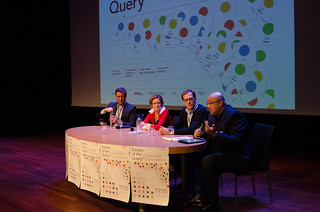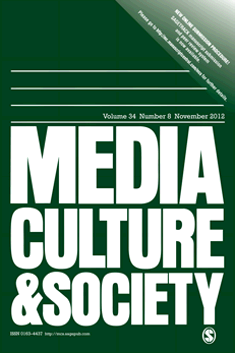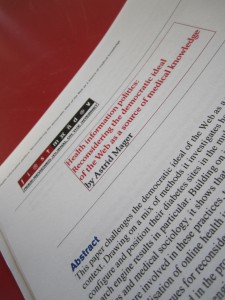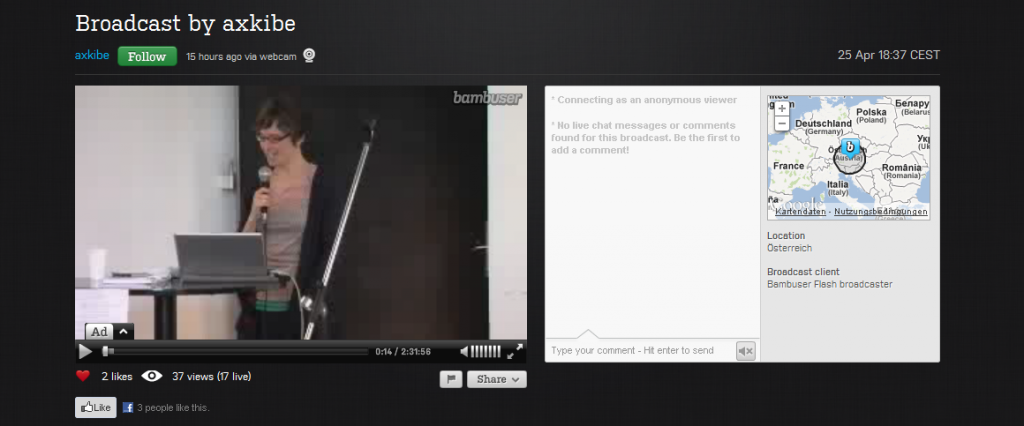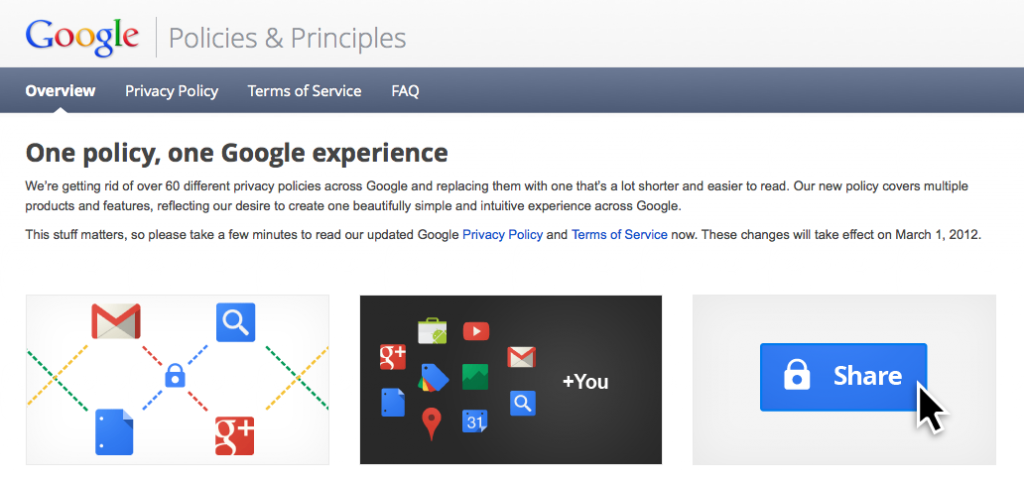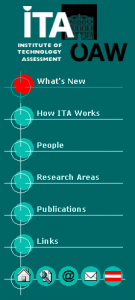A preprint of my Society of the Query #2 article has been published in the ITA manu:scripts series. The article is related to the talk I gave at the SOTQ conference in Amsterdam, November 2013. It’s concerned with the ideology of Google and alternative search engines. A final version of the paper will be published in the Society of the Query Reader edited by René König and Miriam Rasch (Geert Lovink as editor of the Institute of Network Cultures (INC) Reader series; spring 2014). I’d like to thank the conference participants, Georg Aichholzer as editor of the ITA manu:scripts series, and both the reviewers of the INC reader and the ITA manu:scripts for their helpful comments and feedback. That’s the abstract:
Google has been blamed for its de facto monopolistic position on the search engine market, its exploitation of user data, its privacy violations, and, most recently, for possible collaborations with the US-American National Security Agency (NSA). However, blaming Google is not enough, as I suggest in this article. Rather than being ready-made, Google and its ‘algorithmic ideology’ are constantly negotiated in society. Drawing on my previous work I show how the ‘new spirit of capitalism’ gets inscribed in Google’s technical Gestalt by way of social practices. Furthermore, I look at alternative search engines through the lens of ideology. Focusing on search projects like DuckDuckGo, Ecosia, YaCy and Wolfram|Alpha I exemplify that there are multiple ideologies at work. There are search engines that carry democratic values, the green ideology, the belief in the commons, and those that subject themselves to the scientific paradigm. In daily practice, however, the capitalist ideology appears to be hegemonic since 1) most users employ Google rather than alternative search engines, 2) a number of small search projects enter strategic alliances with big, commercial players, and 3) choosing a true alternative would require not only awareness and a certain amount of technical know-how, but also effort and patience on the part of users, as I finally discuss.
That’s the link to the full article. I would love to hear what you think about it!


